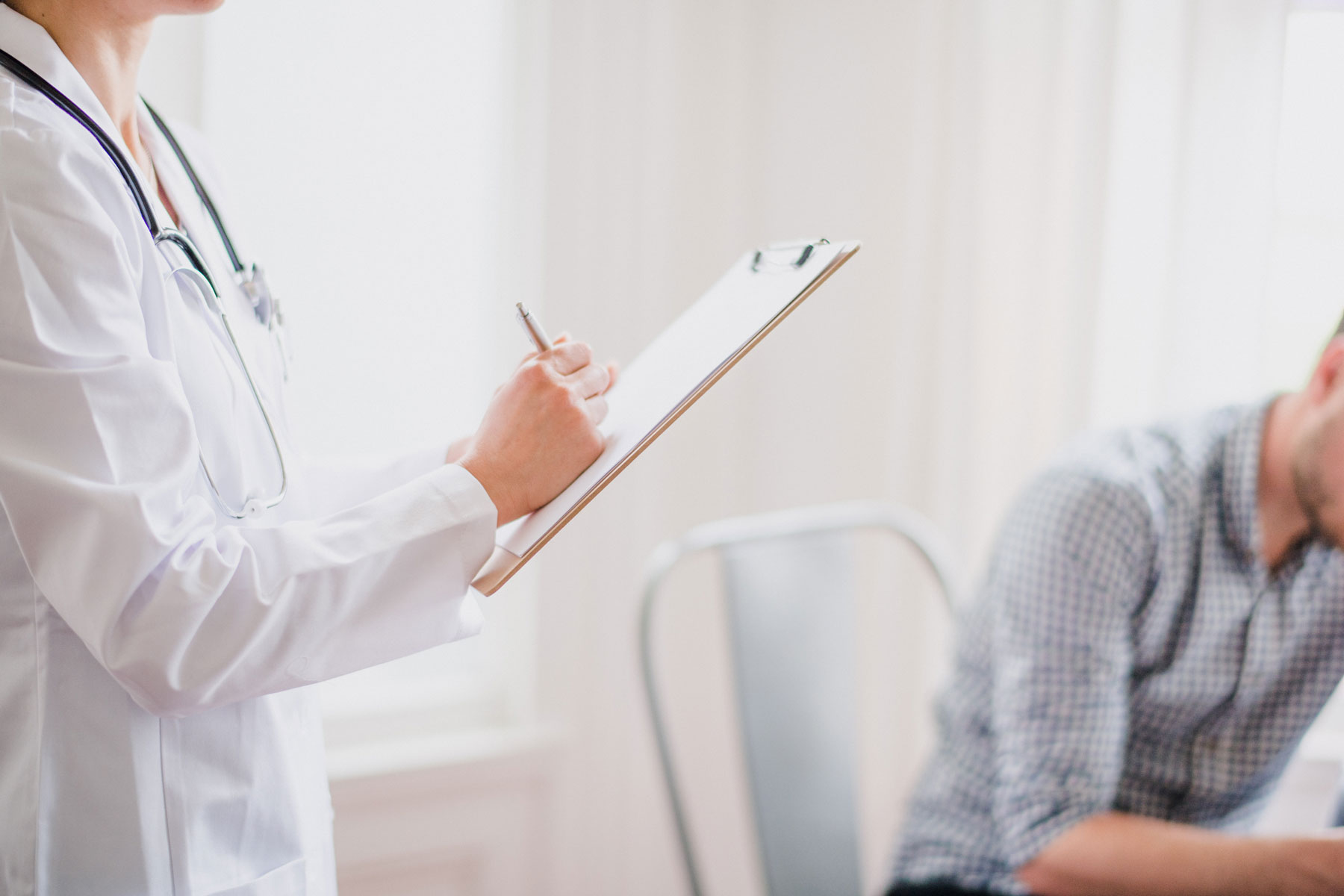COVID-19 – Should I worry?
Reliable information on outbreaks, disease prevention, and travel.

You may be sitting in your home deciding if you should be worried… what you should do. Maybe your neighbors are buying out water bottles and survival kits. You went to Walmart today and there were no masks left on the shelves. You saw someone buying 50 cans of kindey beans and Vitamin C bottles. Just wait and relax (for now).
If you are a healthcare professional, you understand that although there are not a lot of cases in the US, there are more every day. You know there is no available vaccine. You know that this virus is twenty times more virulent than influenza but much less virulent than Ebola virus. Most health care professionals are not panicking or buying masks. We are cautiously watching the evolution of COVID-19. We are not buying masks for the neighborhood.
If you are a healthcare professional, you are getting massive emails from your administration with confusing advice and no explanations. If you are not a health care professional, you don’t know where to get information. Don’t worry, I will tell you.
The most up to date information can be found on the World Health Organization website: https://www.who.int/emergencies/diseases/novel-coronavirus-2019.
Q1. Should I go out if I’m not sick?
- If you do not have respiratory symptoms, it is wise to avoid closed overly crowded spaces.
- You want to maintain 1 meter (3 feet) between yourself and anyone who is coughing or sneezing.
- Sneeze into your elbow. If you sneeze/cough into hand/tissue, WASH/DISINFECT your hands.
- A mask is NOT required.
Q2. Should I go out if I am sick?
- If you are coughing, pls wear a mask so you don’t infect others. Seek medical care if you are very ill or getting worse.
- Wash/disinfect your hands frequently.
What else do I need to know? Don’t take my word for it… the CDC has an AWESOME website: https://www.cdc.gov/coronavirus/2019-ncov/preparing-individuals-communities.html
What if I’m a healthcare professional?
I have seen multiple articles summarizing various recommendations. Instead of summarizing, I am going to provide links to the authoritative sources – because they discuss many difference clinical scenarios.
CDC has amazing information which is well organized and can be found here: https://www.cdc.gov/coronavirus/2019-nCoV/hcp/index.html
WHO advice on when to use PPE. Pages 3-5 include a chart which is easy to understand for any clinical situation. https://apps.who.int/iris/bitstream/handle/10665/331215/WHO-2019-nCov-IPCPPE_use-2020.1-eng.pdf
WHO advice on masks. You don’t ALWAYS need an N95 mask – only during droplet procedures. Read more here: https://www.who.int/publications-detail/advice-on-the-use-of-masks-in-the-community-during-home-care-and-in-healthcare-settings-in-the-context-of-the-novel-coronavirus-(2019-ncov)-outbreak
So you think your hospital just had its first case of coronavirus? Now what? This involves administrative support and a multi-disciplinary effort:
Q and A about coronavirus infection prevention:
CDC: https://www.cdc.gov/coronavirus/2019-ncov/hcp/faq.html
Now your hospital has a CONFIRMED case. What kinds of investigations need to be done?? This article goes over multiple scenarios and what kind of investigations can be done. As we are just learning about this virus, it is important to become involved. This is amazingly simple guidance of what you (and your institution) need to do.
Are you taking care of suspected COVID-19 patient who is severely ill?
Are you discharging the suspected coronavirus patient home??
https://www.cdc.gov/coronavirus/2019-ncov/hcp/disposition-in-home-patients.html
Do I need to test for SARS-CoV-2, the virus that causes COVID-19?
Here are some forms and instructions on how to do it: https://www.cdc.gov/coronavirus/2019-ncov/php/reporting-pui.html
Remember that traditional viral panels that test for OTHER coronaviruses will NOT detect SARS-CoV-2, the virus that causes COVID-19.
What labs do we order/how does our lab handle samples?
US guidance: https://www.cdc.gov/coronavirus/2019-ncov/lab/rt-pcr-detection-instructions.html
WHO guidance: https://www.who.int/emergencies/diseases/novel-coronavirus-2019/technical-guidance/laboratory-guidance
Have you personally been exposed to a confirmed or suspected case??
https://www.cdc.gov/coronavirus/2019-ncov/hcp/guidance-risk-assesment-hcp.html
Are you planning a mass gathering event? There is online training available:
https://extranet.who.int/hslp/training/ Click on public health awareness for mass gathering events. Register.
Do you need TRAVEL advice?? I know I do!
https://www.who.int/emergencies/diseases/novel-coronavirus-2019/travel-advice
https://www.cdc.gov/coronavirus/2019-ncov/travelers/index.html
Much more information can be found on the WHO website: https://www.who.int/emergencies/diseases/novel-coronavirus-2019
US specific information can be found on the CDC website: https://www.cdc.gov/coronavirus/2019-ncov/
And… for radiologists: RSNA article
PREVENTION is EVERYTHING.
We can only care for a limited number of critically ill patients simultaneously. We need to limit the number of severe cases to keep the mortality as low as possible.
All of this advice is much more important than hoarding food in your basement.
- Wear a mask if you are sneezing/coughing.
- Wash / disinfect your hands if you are sneezing/coughing
- Keep one meter (3 feet) away from sneezing/coughing people.
- Wash /disinfect your hands if you are around sneezing/coughing people
- Wear your seatbelt.
Recent Comments